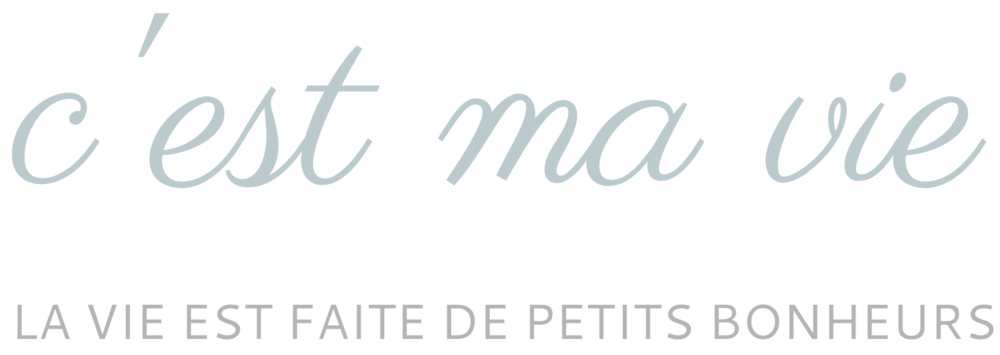January 6, 2014 {6/365} "Royal"
Five years ago, I was asked to reflect on whether I considered myself a digital native or a digital immigrant. These days, despite my Google certifications and my new position as EdTech Coach, I still maintain my status as high functioning digital immigrant. My initial impressions [with a few updates] are still true today:
"In his work Digital Natives, Digital Immigrants (2001), Marc Prensky assigns the term digital native to those who grew up with the technological advances of the late 20th and early 21st Centuries. The term draws the analogy to a country's natives for whom the local language and culture are natural, compared with immigrants who must adapt to a region's customs. As a teacher of a "foreign language" [for twenty years], this concept of Digital Native vs. Digital Immigrant is quite intriguing. I have been fascinated by the ways that people learn languages. The "old" method of repeating words and phrases, and memorizing passages and conversations in the target language is no longer viewed as effective. In fact, as of the mid-1990's, non-native-speaking FL majors who aspired to teach a foreign language are required (by the Wisconsin DPI) to complete at least six weeks of residency in a country where the target language is spoken. Personally, I can attest that this residency, further travel, and immersion in the language and culture were the key to developing my skills and confidence in the speaking French.
So, do I consider myself a digital native or a digital immigrant? Like much of my generation (Gen-X), I did not grow up with a computer or a cell phone. It wasn't until I signed up for my first computer class in high school that I was truly exposed to this foreign culture. My first (and last) computer class attempted to teach me binary code (or whatever those 0's and 1's were). The final exam for this course was to write a program to center my name in all caps at the top of a page. Why did I need to learn this when I could simple press "Caps Lock", center my carriage, and back-space once for every two letters in my name? So I blissfully buried myself in French, British, and American literature for the next nine years, writing all of my papers, even my substantial master's thesis, on a typewriter. I was content and had no desire to change my ways when I began my student teaching in 1994. My cooperating teacher challenged me to invest the five minutes that it would take for me to learn to use MS Windows, and, although I was apprehensive, I've never looked back.
Today, in this digital society, I view myself as quite "proficient" in technology. I use computers and technology daily in my professional and personal life. My iPhone [and Google Drive have] replaced my agenda, post-its, recipe books, file cabinets, "land-line", 300+ cd's, dvds, photo albums, etc. Social media tools [including Twitter, Google+, Facebook, LinkedIn, blogging] have become integral to my Personal/Professional Learning Network from whom I learn something everyday.
I realize that the time I spend in France is vital for improving my proficiency in the French language. I continue to grow and love its culture, its language, and its people. However, I also recognize that I will never be truly French. Likewise, although I love technology and continue to learn and embrace its possibilities, I will never be a Digital Native. Yet, I know that as a non-native speaker of French, I am a highly-effective teacher of the French language and culture. Technology is no longer a foreign concept to those of us who were not born into this society. We can view ourselves as fortunate to have had our own unique experiences with technology while being open to the wonderful potential that immersion in this digital society provides."
Still, although I have embraced this digital culture wholeheartedly and have grown to appreciate the capabilities that technology offers, I still get excited about new notebooks, pretty paper, and pens. As much as I love my iPhone, iPad, and my Macbook Air, I still find vintage typewriters like the one pictured above romantic and beautiful. I imagine great writers like Hemingway and Fitzgerald writing their brilliant work on machines like this one. I appreciate the clean architectural lines and often think I'd like to add a vintage Royal to my home or office décor. What do you think?











